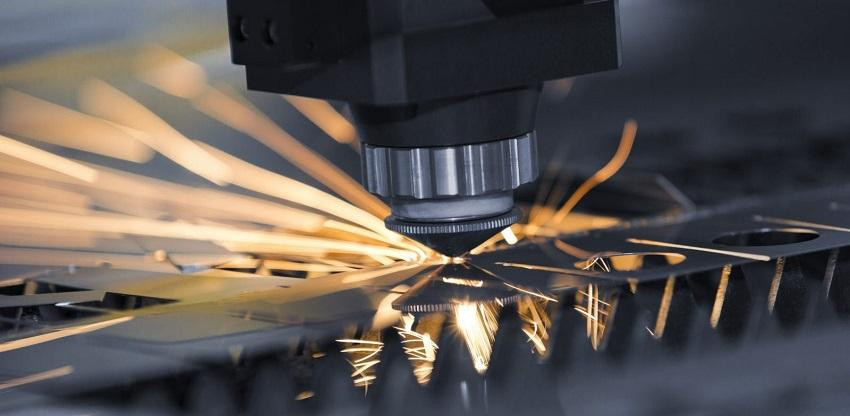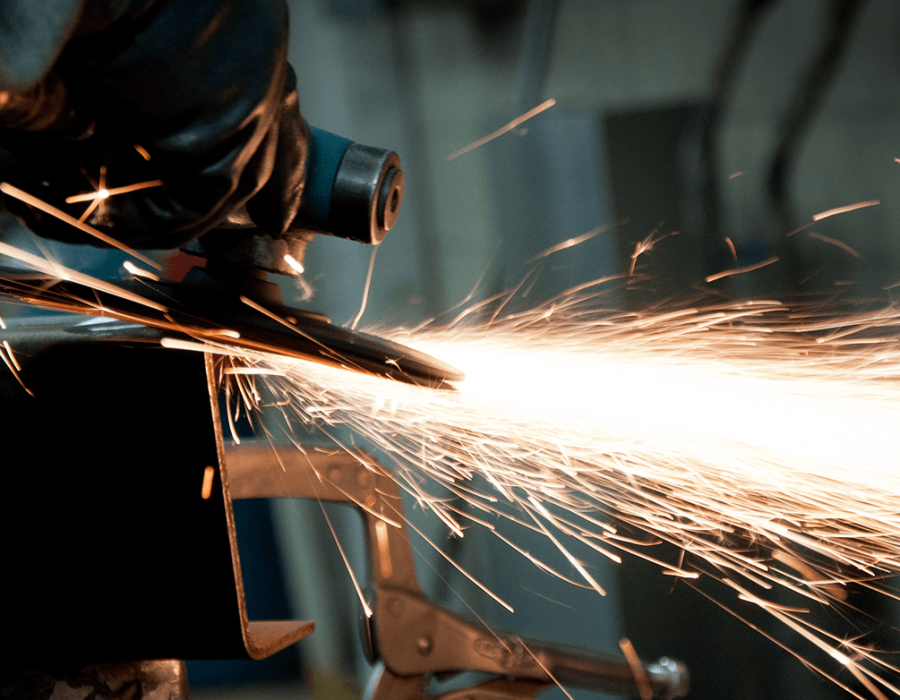What is Sheet Metal Fabrication?
At its core, sheet metal fabrication is a term that actually references a few different types of processes. While they may differ in technique, all of them have the same basic goal: to alter the original shape of metal to create new parts, products, and other items.
There are a few different types of metals that one might work with during the sheet metal fabrication process. Perhaps the most commonly used is stainless steel. This is often chosen for applications that require strength and durability, among other properties. Stainless steel is often a desired option for tasks that require high levels of corrosive resistance, too. Note that this should not be confused with regular steel, which is not corrosive resistant.

Another common type of metal used during this process is aluminum. Despite the fact that it is known for its high strength, it is also lighter than a lot of the other options.
Some applications may require copper fabrication. Copper is great for projects that require high levels of both heat and electrical conductivity. It is also "softer" than other types of metal, thus making it more versatile as well.
Finally, bronze can also be used during the sheet metal fabrication process. The major advantage of bronze is that it has a low melting point.
When choosing a laser cutting company, make sure you pick a partner who is willing to go over all the differences with you in great detail, helping to select the right one given your project's requirements.
What is Sheet Metal Laser Cutting?
Sheet metal laser cutting is one of the aforementioned types of sheet metal fabrication that are available. It's also one of the most widely used thanks to the plethora of different benefits it brings with it.
Here, a powerful beam of light (the laser) is used to cut sheets of metal through machines that are leveraging both optics and CNC (computer numerical control) technology. It is by far the most accurate and efficient of the sheet metal fabrication processes.
Depending on the laser cutting services provider you're working with, they may use one or even a few different types of lasers during this time. The first are fiber lasers, which are the most common. In addition to working with metal, they can also work with materials like alloy and even glass.
Another type of laser that you may have heard of is called the CO2 laser – indeed, it is one of the most widely used lasers in the industry. It can only cut non-metals, with plastics being a prime example. It produces its laser by transmitting electricity through a specialized tube that has been filled with carbon dioxide, helium, and nitrogen.
Finally, you have fiber optic laser. These are known for, among other things, their high efficiency. They are also lightweight and movable, allowing them to be used in very flexible working positions. They’re known for being a cost-effective way to achieve high-quality and consistent cutting, regardless of the complexity of the project.
What Other Benefits Does Sheet Metal Fabrication Have to Offer?
In addition to helping create finished parts and products, sheet metal fabrication is also great for assisting with the prototyping stage of any projects.
Using sample parts that have already been created using stamped metal, a team of engineers like those at Yarder Manufacturing can then bring it to life. Sheet metal fabrication allows for a great deal of experimentation, helping to find the best qualities like form and fit. Parts can then be tested in small batches to make sure that they achieve the intended result, all before then moving onto the mass production phase.
The ends results of this are that it almost always leads to faster production, which in turn leads to a faster time-to-market for the finished product as well. During this process you can learn about what works in your design and, more importantly, what doesn't. That gives you the chance to reinforce those good qualities by getting rid of the negatives before spending a lot of money to find them out the hard way. Design flaws can be eliminated now while they're still in their nascent stages, all before they have a chance to become much bigger (and potentially more expensive) issues down the road.
If you have any additional questions about sheet metal fabrication that you'd like to see answered, or if you'd just like to talk about the specifics of your next project in more detail, please don't hesitate to contact the team at Yarder Manufacturing today.
Source URL :- https://weblimon.com/frequently-asked-questions-about-sheet-metal-fabrication/





Comments